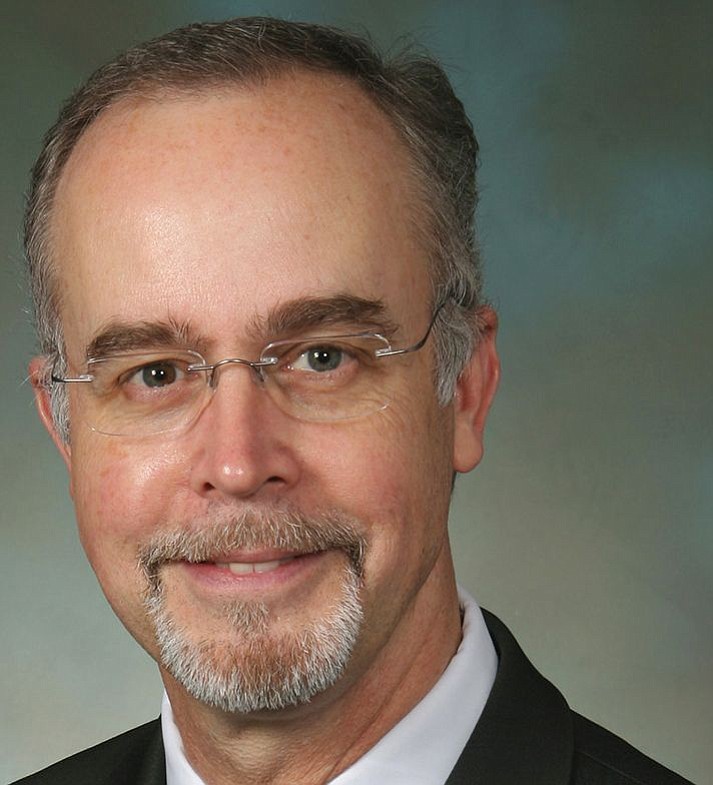Rep. Jim Moeller wants to make this clear: He has nothing against candy.
In fact, he loves candy. Especially Almond Roca.
“It’s my favorite candy,” he says. “No one hates candy in this Legislature. We fuel ourselves on coffee and candy.”
But one of Moeller’s top priorities — adequate funding for the state’s public health departments — is languishing due to the state’s budget crisis.
So the Vancouver Democrat has stirred up a tempest by introducing a bill that would levy the state’s 6.5 percent sales tax on candy and gum sold in Washington. The tax is expected to raise $17 million in 2011 and $30 million annually thereafter, with all the revenue dedicated to funding public health programs.
A Jan. 22 hearing in Olympia on House Bill 2388 was packed with candy company executives, lobbyists for retailers, childhood obesity prevention advocates and public health officials.



